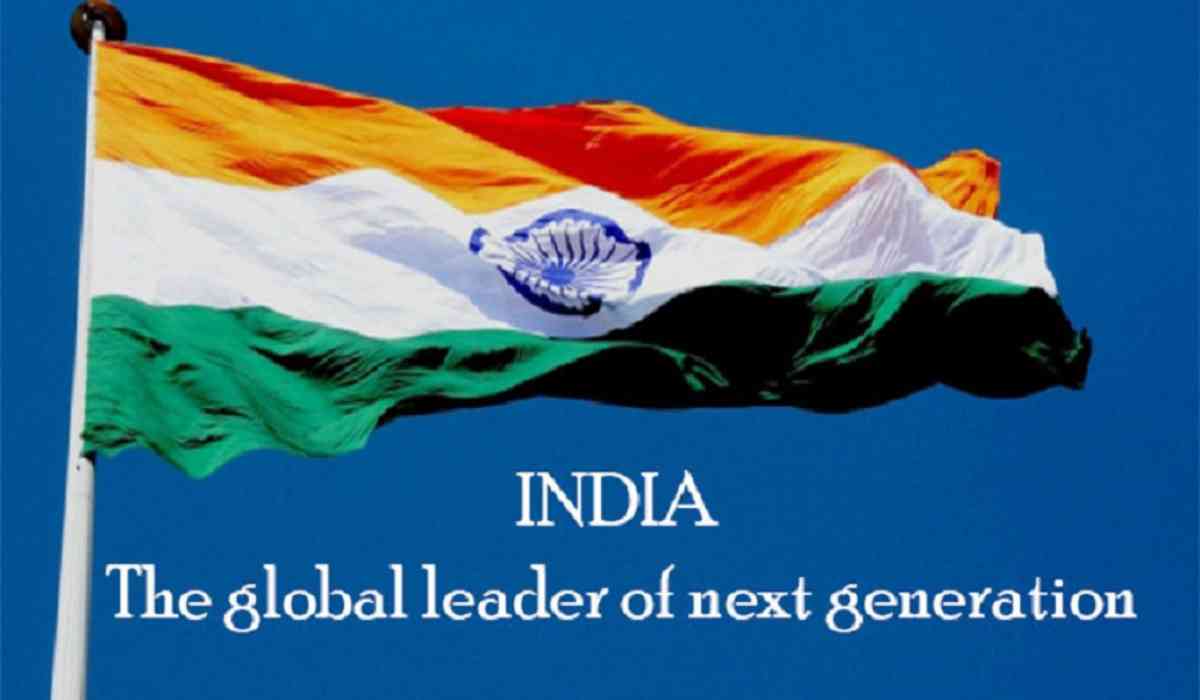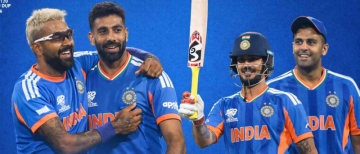As global power dynamics change due to economic challenges and geopolitical tensions, India is becoming a significant player in international relations. India is using its diplomatic skills to change its role in the world. It is leading discussions at BRICS+ and forming strategic partnerships in the QUAD. By focusing on working together with others and committing to sustainable development, India is navigating a complex global landscape to assert its leadership. Is this a chance for India to impact global peace and prosperity?
BRICS+ 2025 Summit: India’s Leadership in Shaping the Global Economy
The BRICS grouping includes Brazil, Russia, India, China, and South Africa. It has expanded to include Argentina, Egypt, Ethiopia, Iran, Saudi Arabia, the UAE, Algeria, and Indonesia. This expansion allows BRICS to serve as a forum for a wider range of opinions from countries on the rise.
India’s increased influence in diplomacy was apparent during the BRICS+ meeting in 2025. The summit addressed economic growth issues in relation to sustainable development, discussing as its main pillar the need for a solution directed toward the problems of emerging economies in a multipolar world. The summit also talked about the Indian agenda in a reform of the international governance system.
The QUAD Summit 2025: Promoting Stability in the Indo-Pacific
The Quad Summit of 2025, held on January 21, 2025. It focused on regional security and stability in the Indo-Pacific region.
The recent actions of China, attempting to assert control through force in the South and East China Seas, prompted strong reactions.
Indian Foreign Minister S. Jaishankar remarked, “Our wide-ranging discussions addressed different dimensions of ensuring a free, open, stable and prosperous Indo-Pacific. Agreed on the importance of thinking bigger, deepening the agenda, and intensifying our collaboration.”
The South China Sea, claimed by China in its entirety, has sparked territorial disputes with Vietnam, Malaysia, the Philippines, Brunei, and Taiwan.
The Quad nations have expressed unwavering support for international law and peaceful dialogue. The summit gave a joint statement emphasizing the importance of peace, stability, and security across all domains, including the maritime domain. They also strongly opposed any unilateral actions that aim to change the status quo by force or coercion.
India’s Ethical Diplomacy: A Path to Global Peace
India is committed to ethical principles in its diplomatic strategies. This is evident through its ‘no first use’ policy as well as the panchsheel agreement. These policies ensure peaceful coexistence, non-aggression and mutual respect. First and foremost, economic and geopolitical factors are taken into consideration in order to formulate the foreign policy of a nation. India is looked at as an anchor in times of increased international tension.
India understands the importance of having a strong stance against being divided on the basis of ideology. India is trying to assert itself as a powerful country and the embrace of the ancient Indian philosophy of Vasudhaiva Kutumbakam, which states that the world is one family, is a step in this direction. India has succeeded in drawing attention to these weaker nations which is very much needed in this age of shifting global politics.
By remaining consistent with its core principles, India is strengthening its position and reputation as a foremost ethical diplomat which in turn influences cooperative relations on the world stage.
With inputs from agencies
Image Source: Multiple agencies
The views expressed are personal to the author and do not reflect the platform's opinion of the same.
© Copyright 2024. All Rights Reserved Powered by Vygr Media.
Author's Profile
Ayushi is passionate about creating content that not only interests the reader but actually helps them add to their knowledge. Holding a degree in science, Ayushi is exploring her creative writing as she transforms ideas into compelling narratives that resonate with readers.

























